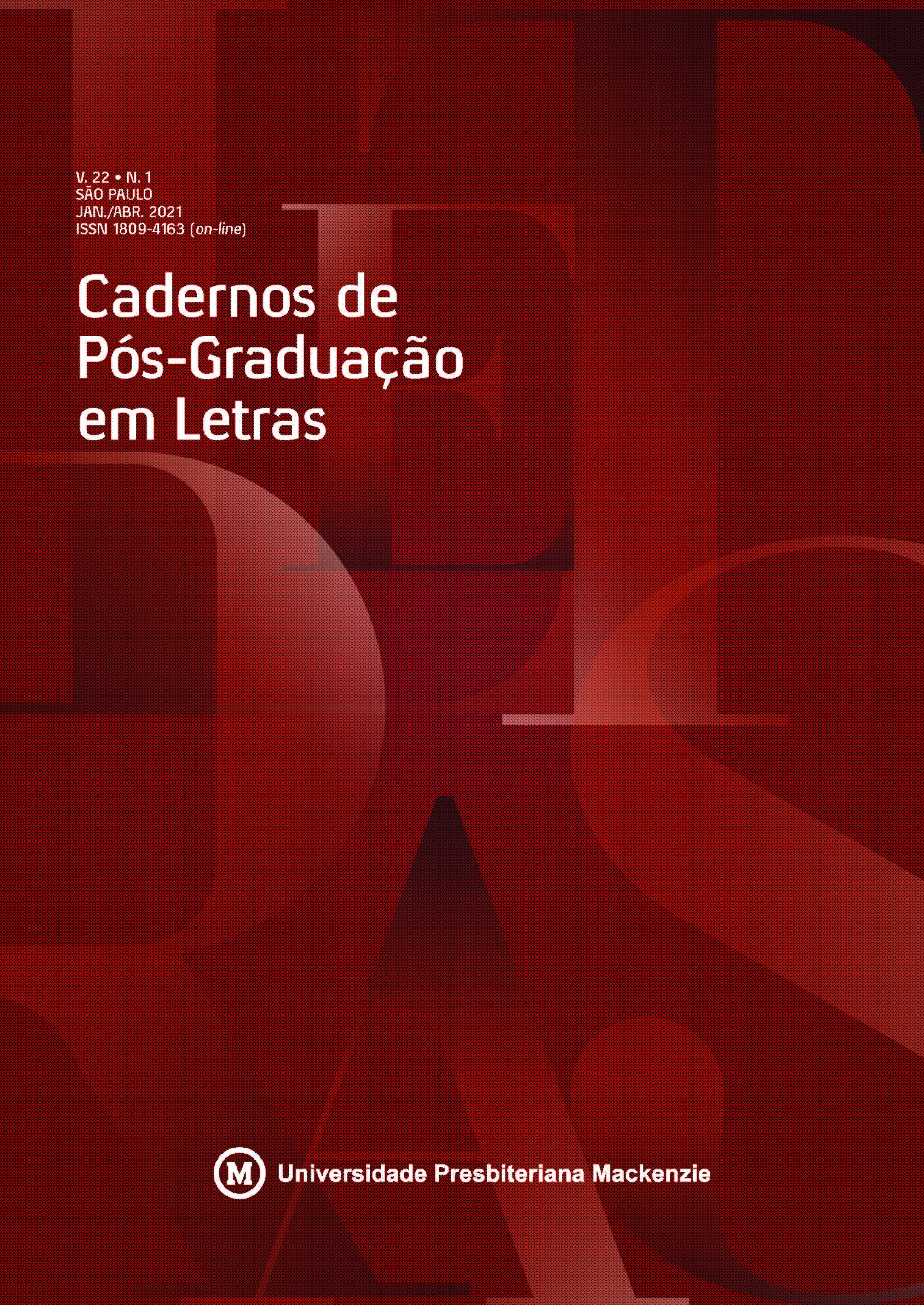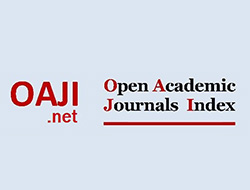Lusophony in the context of geopolitics and globalization
Movements that (dis)integrate languages, cultures, and memories
Keywords:
Lusophony., Movement., Cultural memory.Abstract
This article deals with the presence of the Portuguese language in different parts of the world, its representativeness, differences and similarities in such different cultures. For a better understanding of the Lusophone movement before the implications of post-modernity and globalization, we assume that, in addition to the morphosyntactic structure given to Portuguese, what most moves and makes us understand the Portuguese language are the reports, feelings, experiences, practices and behaviors expressed by its speakers – generators of linguistic and cultural memory. We take as a representative point of the Portuguese-speaking universe: Brazil, Goa, Japan, Mozambique and Portugal.
Downloads
References
BAUMAN, Z. Modernidade líquida. Rio de Janeiro: Jorge Zahar, 2001.
BRITO, R. P. Língua e identidade no universo da lusofonia: aspectos de Timor-Leste e Moçambique. São Paulo: Terracota, 2013.
COUTO, M. Luso-afonias. A lusofonia entre viagens e crimes. In: COUTO, M. E se Obama fosse africano? E outras interinvenções. Lisboa: Editorial Caminho, 2009. p. 183-198.
CUNHA, M. F. Padre António Vieira. Lisboa: Edições 70, 2012.
FALCONI, J. Literaturas africanas, língua portuguesa e narrativas da lusofonia: alguns parágrafos em torno da invenção das narrativas da lusofonia. Lisboa: Edições Colibri, 2013.
LESSER, J. A negociação da identidade nacional. São Paulo: Editora Unesp, 2001.
LOURENÇO, E. A nau de Ícaro. São Paulo: Companhia das Letras, 2001.
LOURENÇO, E. A nau de Ícaro seguido de imagem e miragem da lusofonia. Lisboa: Gradiva, 2004.
MARTINS, L. P. Um império de papel. Lisboa: Edições 70, 2012.
MARTINS, M. L. Lusofonia e luso-tropicalismo, equívocos e possibilidades de dois conceitos hiperidentitários. In: BASTOS, N. (ed.). Língua portuguesa: reflexões lusófonas. São Paulo: Educ, 2006. p. 49-62.
PRADO, J. C. Formação do Brasil contemporâneo. São Paulo: Brasiliense, 1942.
SANTOS, B. S. Os processos da globalização. In: SANTOS, B. S. (org.). A globalização e as ciências sociais. 3. ed. São Paulo: Cortez, 2005. p. 25-102.
VENÂNCIO, J. C. Lusofonia e cânone lusófono. Da controvérsia dos conceitos à manifestação de duas escritas a partir da margem. In: CRISTÓVÃO, F. (org.). Ensaios lusófonos. Coimbra: Almedina, 2013. p. 83-99.
WOODWARD, K. Identidade e diferença: uma introdução teórico e conceitual. In: SILVA, T. T. da (ed.). Identidade e diferença. A perspectiva dos estudos culturais. Petrópolis: Vozes, 2000. p. 7-68.
Downloads
Published
How to Cite
Issue
Section
License
The copyright of the articles published in Cadernos de Pós-Graduação em Letras belongs to the authors, who grant the Mackenzie Presbyterian University the exclusive rights to publish the content. Total or partial reproduction is prohibited without due authorization from the Editorial Committee, except for study and research.











